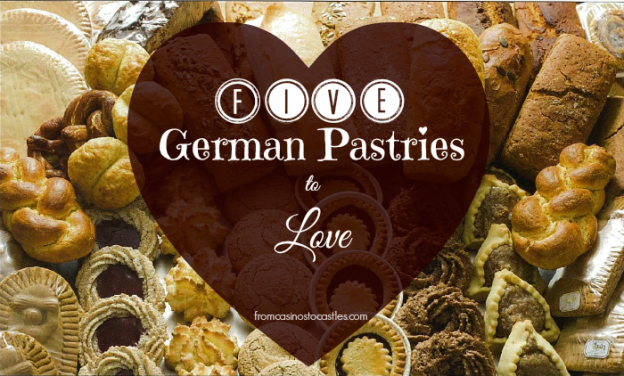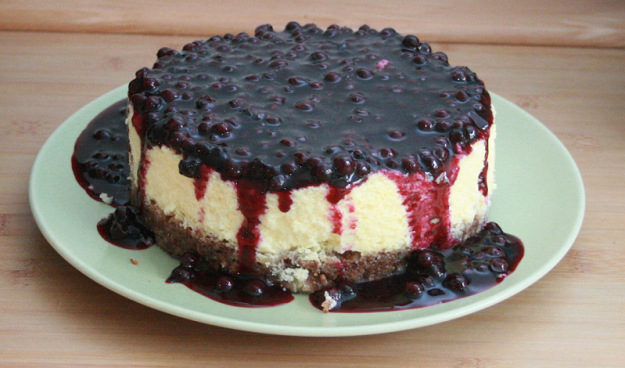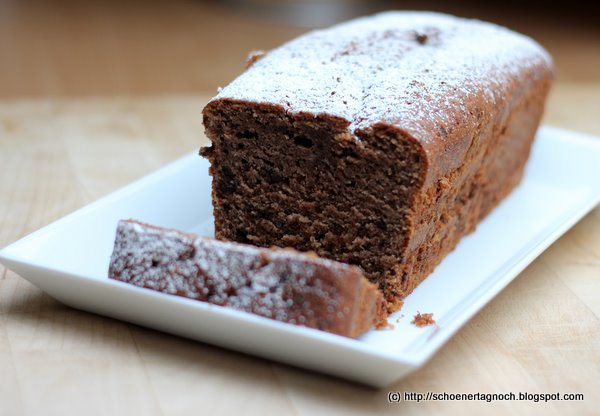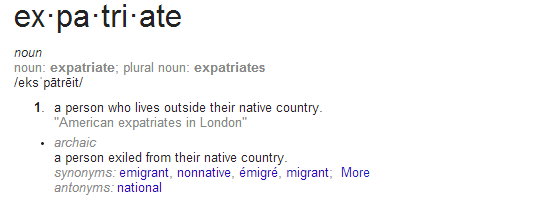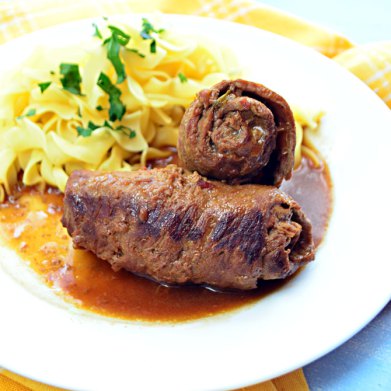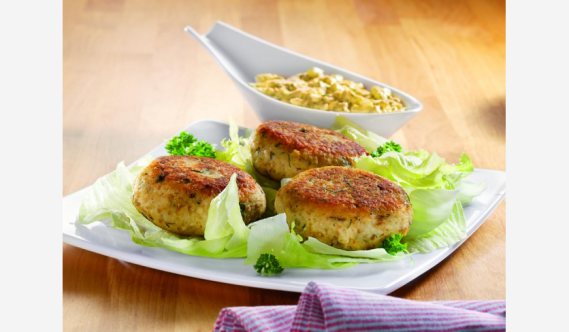Well, hello there. Have you missed me? I’ve certainly missed you. In the past few weeks, our son has become increasingly more active making it very difficult for me to do anything other than tend to him and the house. That being said, it is less than TWO WEEKS from him starting at the German kindergarten. I am so excited for him (and myself).
So, keeping up with my “Top 5′s”, I thought I bring up my most favorite treat, German pastries. A German bakery has so much to offer in addition to the wonderful fresh-baked bread. If I’m feeling so inclined (and they haven’t run out yet), here are my first picks, in no particular order, for a treat at the bakery.
Enjoy! Yum!
1. Heidelbeer Frischkäse Kuchen
Translation: Blueberry Cream Cheese Cake
We have a small, but really good, bakery in our village that is in addition to the larger one. This one reminds me more of a little cafe and I first tried this cake only a few weeks ago. It is heaven! I’m not really a big fan of cheesecakes (I can hear you gasping at me!), but this is not like what you’d think of when you imagine American cheesecake as far as consistently and flavor. It’s a must try!
2. Quarkbällchen
Translation: Cheese curd balls (Wait! Don’t let that scare you away!)
Quark is cheese curd that is most commonly found in Germany and Eastern European countries. As an American, I had never heard of it prior to ever living in Germany; however it is readily sold in many different types for different uses. These little pieces of awesomeness are like a more fluffy and moist version of an American donut hole. They have a little sugar sprinkled on the outside for a little added sweetness. I’ve also been able to find them with cinnamon which is my personal favorite.
3. Rotweinkuchen
Translation: Red wine cake
For those that know me, I know I’m stumping you with this one, considering it’s chocolate, but I love it! It’s very hard for me to describe, but the red wine gives it a unique flavor. In my opinion, the chocolate has a smoother and less overpowering taste. Sprinkled with a little powdered sugar, this cake is a great treat that is not too rich or too sweet. I’ve also found it to be very moist and I mention this because many German cakes are more on the dry side.
4. Berliner Pfannkuchen (Berliner for short)
Translation: word for word would be Berlin Pancake
Basically, these are the same as American jelly donuts, although they taste much better (in my opinion). They are called different names depending on where you live in Germany; everything from Berliner, Krapfen, Kreppel and I could go on. In Berlin in particular, they are simply called Pfannkuchen, which is typically used throughout Germany for “pancake”. They have different fillings of which raspberry and apricot/peach are my favorites.
5. Amerikaner
Translation: American (that was obvious right?)
Yes, yes, I know these aren’t German, at least according to the ever infamous Wikipedia. Apparently they originated in the United States, which would make sense, and are typically known there as a Black & White Cookie. While the origin may not be German, you can find them quite often at the bakery and they are so good! They are basically a spongy/fluffy shortbread cake that is topped with fondant icing. Whenever I eat one, I’m reminded of the fluffy, iced sugar cookies from home which is why I had to i include them on the list. They are a little treat I can have in my new home, that is part of my other home. Love.
So, that’s another list of “Fives” from me, but what about you? What are your favorite pastries where you live? I’d love to know!

